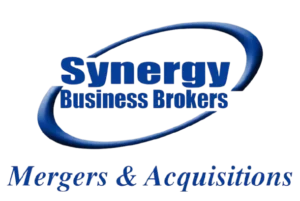The First Steps
Okay, let’s assume that you have decided to at least take the first few steps to sell your business. There are a few items below which are helpful in selling your business:
- Three years’ profit and loss statements
- Federal Income Tax returns for the business
- A current Year to Date Financial Statement
- The approximate value of equipment and fixtures
- An approximate amount of the inventory on hand, if applicable.
If you’re like many small business owners, you’ll have to search for some of these items. After you gather some of the items, we can help you review the information and get it in a presentable format. It’s a good idea for us to really take a hard look at all of this and help you have all of the above in a neat, orderly format so that it can be presented to a prospective purchaser.
Make sure the financial statements of the business for sale are current and as accurate as you can get them. If you’re halfway through the current year, the year-to-date figures are essential to show the current trend. In some cases, you may need to get your accountant to assist with providing us with the necessary information. You want to present the business opportunity well “on paper.”
Pricing a small business is often based on cash flow. This includes the profit of the company, as well as the owner’s salary and benefits, the depreciation, and other non-cash items.
So if the bottom line isn’t what you think it should be, by the time all of the appropriate owner’s benefits are added to the bottom line, the cash flow may look a lot better. For more on business valuations, you can read Valuation Factors.
A Balance Sheet is not as important typically as an income statement, but many buyers will want to understand this as well. Buyers definitely want to see income and expenses. They want to know if they can make the payments on the business for sale and still make a good return on their investment. We focus on selling companies that have annual net cash flows (including the owner’s salary and benefits) of $250,000 to $7 Million, so hopefully, your business falls within that range.
An important consideration, in addition to how much your business will sell for, is how much of it can you keep? The Federal Tax Laws determine how much money you will actually be able to put in the bank. How your business is legally formed can be important in determining your tax status when selling your business. For example: Is your company a corporation, partnership, or proprietorship? If you are incorporated, is the business a C corporation or a sub-chapter S corporation? There are also tax rules that impact certain businesses on seller financing. The point of all of this is that before you consider price or selling your business, it is vital that you consider the tax implications of the sale of your business. You don’t want to be in the middle of a transaction with a solid buyer and discover that the tax implications of the deal are going to net you much less than you had figured.





